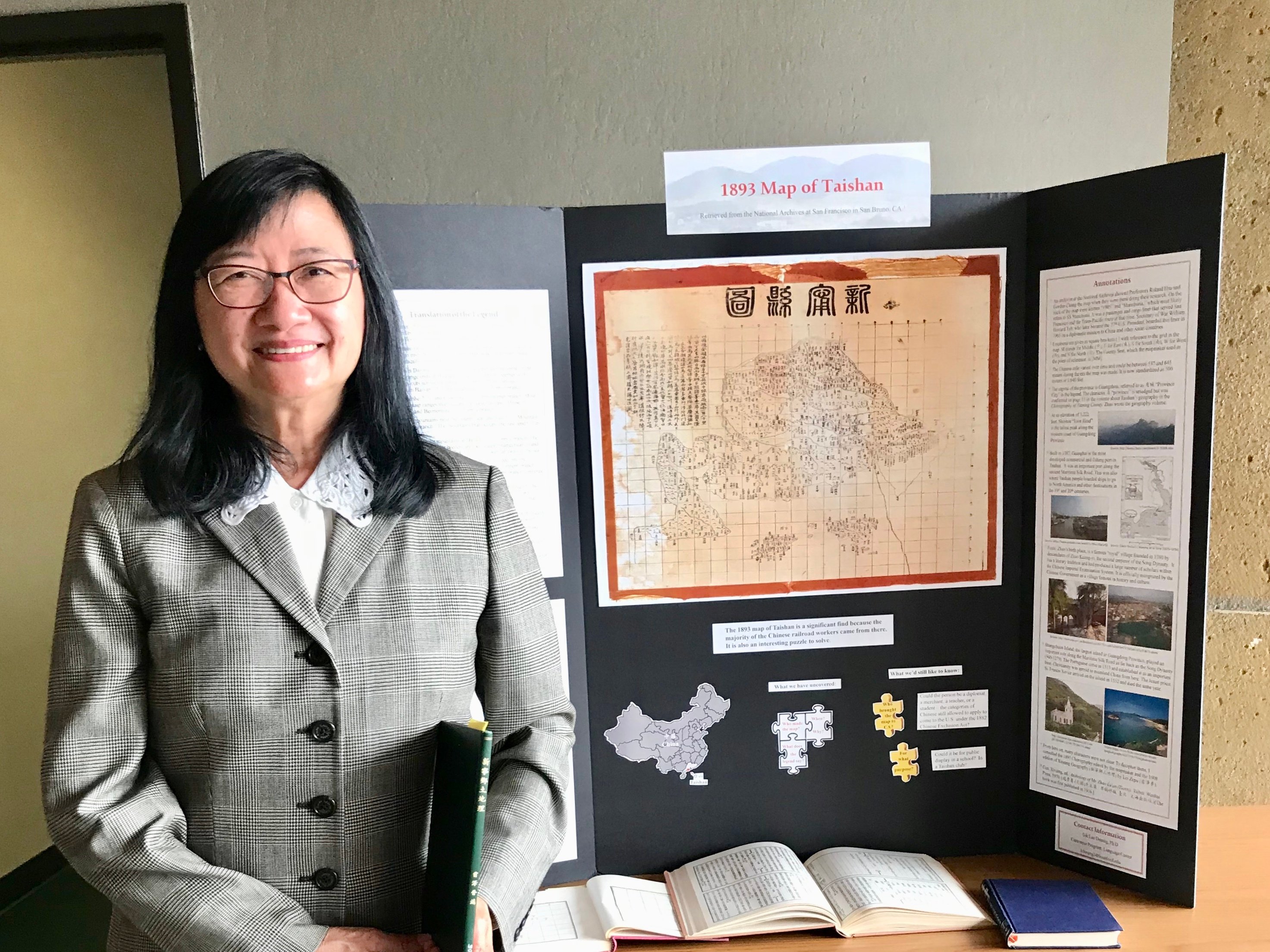More than 3,000 individuals have signed a petition urging Stanford to renew the contract of its only Cantonese lecturer and sustain the Cantonese language program. In response to the petition and concerns related to the longevity of the program, the University has committed to offering two Cantonese courses during the next academic year.
But activists say that they will continue to advocate for the long-term viability of the Cantonese language program, even though Stanford has not directly responded to their requests for a full-time instructor and courses that fulfill the language requirement.
To lessen the impact of budget shortfalls, the Language Center in December opted not to renew the contract of Sik Lee Dennig Ph.D. ’92, the founding lecturer of the Cantonese program who has taught at Stanford for over 21 years. Dennig notified the Language Center that she would not accept an hourly based lecturer position.
School of Humanities and Sciences spokesperson Joy Leighton told The Daily that while language programs do not always offer a course each quarter, the University is aware of the demand for Cantonese and plans to offer two of the four existing conversational Cantonese courses. Language Center Director Elizabeth Bernhardt-Kamil had previously written to Dennig in an email obtained by The Daily that the “budget situation” will ultimately determine which languages and levels the center can offer, regardless of student demand.
Leighton wrote that the University is “very disappointed about the extensive effects of the pandemic,” though Cantonese instruction will continue “at a level commensurate with enrollments through hourly lecturers.”
The petition contends that Stanford’s decision not to renew Dennig’s contract “effectively erases the program” and is contrary to the “ethos of multiculturalism at Stanford.” The authors’ demands to the University are threefold: guarantee a Cantonese language program with a minimum of four course offerings each quarter, add reading and writing courses so that Cantonese can fulfill the language requirement for graduation and endow the program with a permanent instructor position.
Petition co-authors Jamie Tam ’10, an assistant professor of public health at Yale University, fourth-year Ph.D. student in Chinese Maciej Kurzynski and first-year anthropology Ph.D. student Jocelyn Lee told The Daily that they were “heartbroken” and “shocked” when they heard that Cantonese may not be offered next academic year.
Tam lauded Dennig and the program, saying that taking the courses as an undergraduate was “life-changing” because it allowed her to reconnect with her grandmother and heritage.
“This wasn’t an ordinary class,” Tam said. “We went on trips to Chinatown and museums together — it was a community, as much as it was a class, and so I think that’s why I had such an immediate emotional response.”
Over 1,540 Stanford community members have signed the petition as well as around 1,500 non-affiliated individuals, including educators and researchers in Asian studies programs and organizers serving Asian American communities. The petition features over 80 testimonials from community members who reflect on the program’s personal, academic and professional impact.
Kurzynski said that after decades of success in the Cantonese program thanks to Dennig, replacing the full-time lectureship with a temporary position will invariably result in high turnover and put the program in a state of perpetual flux as the instructor would not be eligible for benefits.
Leighton wrote that a number of languages offered by the Language Center, such as Dutch, Ukrainian, Czech and Hungarian, have been taught successfully by part-time instructors and that the School of Humanities and Sciences is committed to “doing the best we can with the available resources to support the language acquisition needs of students.”
“The only way we are able to offer such a diversity of languages is to employ lecturers on an hourly basis to take on these languages at the level student demand warrants,” she wrote.
News of the program’s uncertainty quickly spread beyond the University. Award-winning author Celeste Ng tweeted that Stanford’s decision is a “shame,” especially in the context of the Chinese government’s suppression of Cantonese in favor of Mandarin.
Raymond Pai, the director of the Cantonese language program at the University of British Columbia (UBC), told The Daily he signed the petition because of the importance of expanding access to Cantonese education at the university level. Pai said that UBC is working to build a global network of Cantonese students and educators to strengthen the language’s instruction worldwide.
Tam said that a lack of historical context and cultural awareness could lead educational institutions, including Stanford, to devalue Cantonese.
“There’s a broader problem in society of not viewing Cantonese as its own language and heritage. A problem of people viewing Chinese people as all the same, and assuming that we all speak the same language,” she said.
While peer universities have expanded their Cantonese course offerings in recent years, Stanford has been slower to propose and adopt changes. Student activism preceded the Language Center first offering Cantonese in 1997 and allowing Cantonse to satisfy the oral portion of the language placement test. With the exception of the 2006-07 academic year, Stanford has only offered conversational and film Cantonese courses, which do not satisfy the University’s language requirement.
The petition also says that the historical significance of Cantonese speakers since the founding of Stanford should be fully recognized by maintaining a full-time Cantonese program on campus. During the 1860s, University founder Leland Stanford amassed a fortune by constructing the western portion of the Transcontinental Railroad, which employed thousands of Cantonese-speaking workers who were mistreated and exploited. The University’s proximity to Cantonese speakers compels it to play a role in safeguarding and expanding the language’s instruction, not dismantling it, the petition says.
“Cantonese speakers have played a significant role in North American history and the generations of these immigrants deserve and have a right to access their language,” Pai said, warning that “culture and knowledge could be lost” by losing the Cantonese program at Stanford.
Contact Cameron Ehsan at cehsan ‘at’ stanford.edu.
